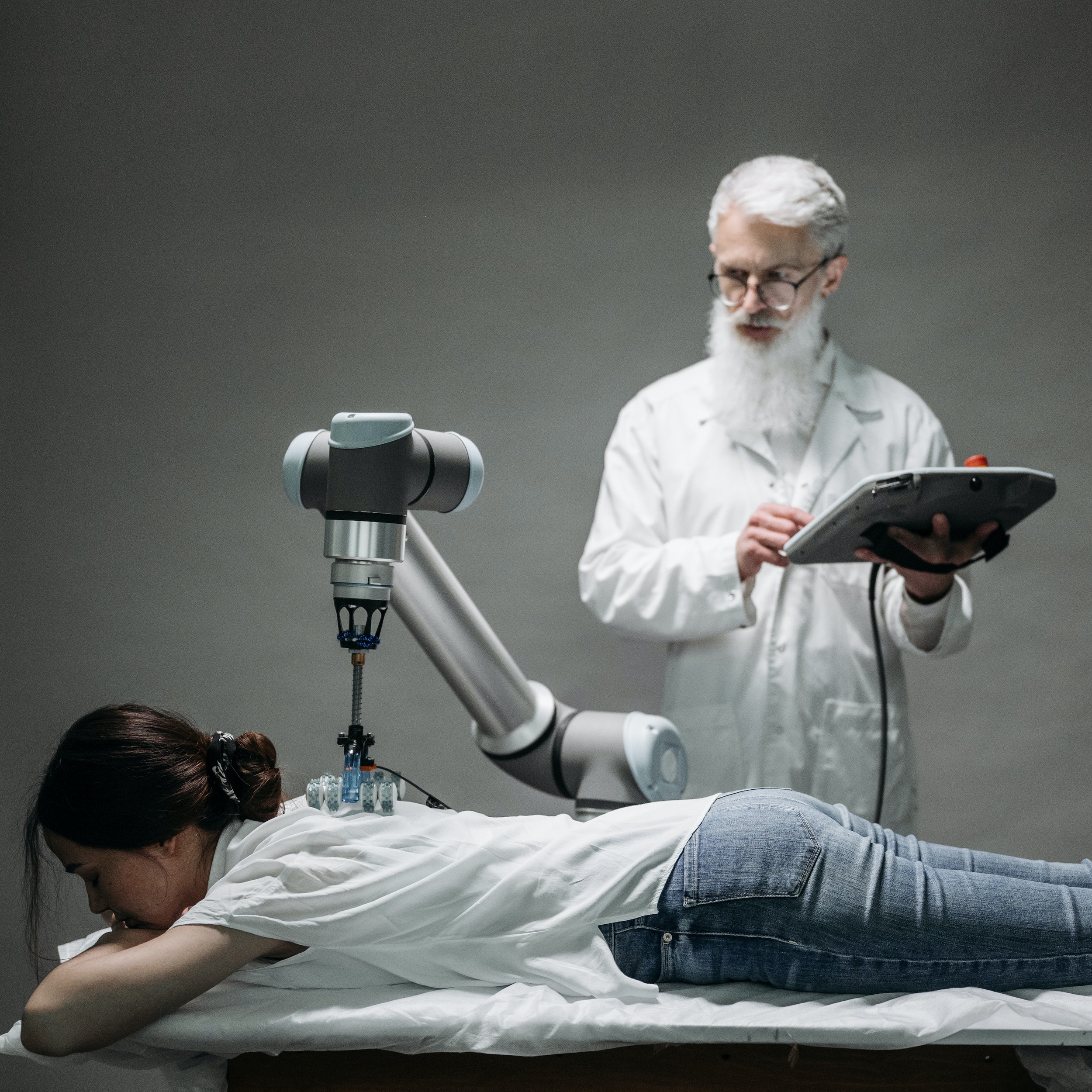Artificial intelligence (AI) is changing the job market and disrupting traditional industries. By 2030, AI and automation could replace up to 800+ million jobs worldwide. While this can be alarming, there are ways for individuals to prevent losing their jobs to AI. Here we’ll discuss some strategies we can use to stay relevant in the age of AI.
The first step to prevent job loss to AI is to develop new skills required in the digital age. AI is taking over routine tasks. Possessing uniquely human skills, such as creativity, critical thinking, and emotional intelligence, gives us skills AI cannot acquire. Obtaining these skills through education via taking online courses, attending conferences, or participating in workshops, protects us from AI. One specific area of focus should be developing skills that complement AI. If we work in a field heavily reliant on data analysis, we can develop skills in data visualization. Communicating insights in a more human-centric way is a task AI cannot accomplish. Another example is developing skills in user experience design, which is increasingly important when developing applications. A focus on user experience will keep you hired because AI doesn’t take such things as ease of use, clarity, and the number of clicks into account.
Another strategy for preventing job loss to AI is to be adaptable. The job market is changing fast. It’s becoming increasingly important to be flexible and willing to adapt to new roles and industries. Adapting means being open to new opportunities, learning new applications, and being willing to take on different roles within our organization. One way to stay adaptable is to build a diverse skill set applicable across many industries. Skills can include skills in consulting, communication, and problem-solving. Additionally, being open to a new industry may be required for those of us who need to adapt to our area of expertise not being needed.
Building a network is essential for career success, particularly in the age of AI. A strong network can provide valuable connections. Insights can help us stay informed about new job opportunities and industry trends. Networking can take many forms, whether we attend industry events, connect with peers on social media, or join professional organizations. Building relationships with people outside our immediate field can help you gain new perspectives and insights that can be valuable in the job market.
In the age of AI, learning is no longer something that happens in the early stages of our careers. Lifelong learning has become essential for staying in demand in a rapidly changing job market. This shift means staying a student. There is always something to learn. There is always a skill we can add to our list of expertise. This outlook will keep worries of not making money in the future at bay. Whether we take online courses, attend workshops, or pursue advanced degrees, continuing to learn throughout our careers is essential for preventing job loss to AI.
Being proactive is pertinent in preventing job loss to AI. Staying informed about industry trends and technological advancements should become a habit. Being willing to take action to adapt to these changes should become the second new habit. One way to be proactive is to stay informed about AI and automation in our field. Reading industry publications, attending conferences, and participating in online communities are all ways to stay proactive. Additionally, being proactive can mean taking on new projects and responsibilities that allow us to develop new skills and stay ahead of the curve.
Finally, be a manager. Learn to manage people, manage projects, and manage artificial intelligence. Someone has to run the system. We should be able to be that person. How can we gain this skill? We need to lead at every opportunity we have to do so. Too many of us shy away from being the leader. Too many of us are okay with being the doer, the team parent, or the overly tenured employee. The doer is at the most risk of being replaced by AI. All businesses are attempting to automate what “doers” do. The team mom or dad may be great at boosting morale and thinking of fun team activities, but when the does are gone, who will they be doing that for? The overly tenured team member is also in trouble because they have not learned a new thing in years. They have leaned on years of service instead of skill for far too long. All 3 of these people are at high risk of losing work to AI, directly and indirectly. If we fall into any of these categories, we should adjust immediately.
In closing, preventing job loss to AI requires a proactive approach to career development. By applying the strategies mentioned above, individuals can stay in demand in the age of AI. While the job market is changing rapidly, it’s still possible for individuals to stay ahead of the curve and succeed in their careers. AI removes jobs while creating ease and efficiency for those who qualify to stick around. Choose a side.
Food for thought. You do the dishes!



